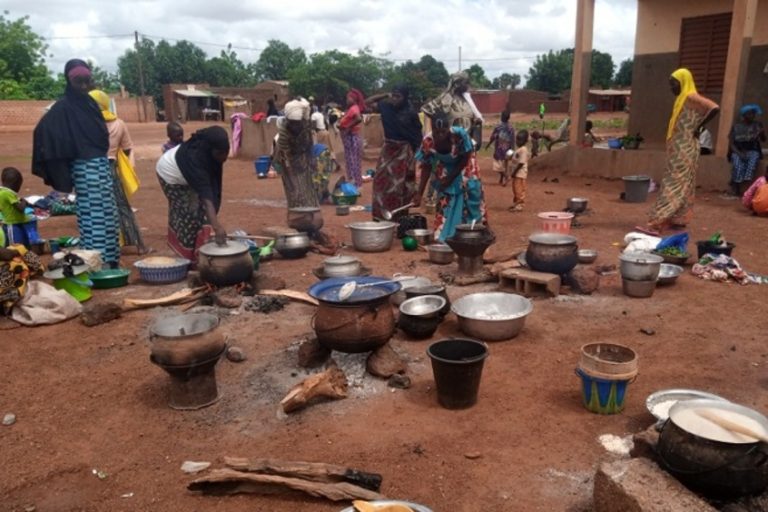BURKINA FASO: 150 killed in ‘unprecedented’ attack

Islamist terrorists have massacred more than 150 people – including 22 Christians – in Burkina Faso in one of the deadliest atrocities in the country’s history.
A group of more than 100 jihadists opened fire on both soldiers and civilians digging defensive trenches to protect themselves in Barsalogho, central Burkina Faso, according to reports received by Catholic charity Aid to the Church in Need (ACN).
Victims of the massacre on Saturday (24th August) included women, children and elderly people.
In a statement seen by ACN, Bishop Théophile Nare of Kaya described the incident as a “tragedy of unprecedented proportions” in a country that has been suffering from Islamist extremism since 2015.
Bishop Nare expressed his sympathy to the relatives of the deceased and designated tomorrow (Wednesday, 28th August) as a day of mourning.
He also called for three days of intensive prayer to “make reparation for all attacks on human life”.
Addressing his people, he wrote: “I make it my duty to come and urge you not to let yourselves be defeated but to keep hope, which is hope that keeps us alive…
“I would also like to exhort you to penance and conversion so that the God of mercy can give us the healing and consolation that we expect from him.”
The bishop concluded: “May the maternal prayer and accompaniment of the Holy Virgin Mary, Our Lady of Kaya, Our Lady of Sorrows help us to overcome the scandal of the Barsalogho massacre and continue to move forward in hope.”
The attack was the third of its kind in the West African country within a month.
Gunmen abducted more than 100 people aged between 16 and 60 – whose whereabouts are still unknown – in the Boucle du Mouhoun Region, west Burkina Faso on 4th August.
Another attack took place in the same region on 20th August, prompting part of the population to flee, according to local sources.
ACN has supported 76 projects in the country in the past year aiming to assist the Church and ease the suffering of those affected by Islamist violence.
With thanks to Sina Hartert
